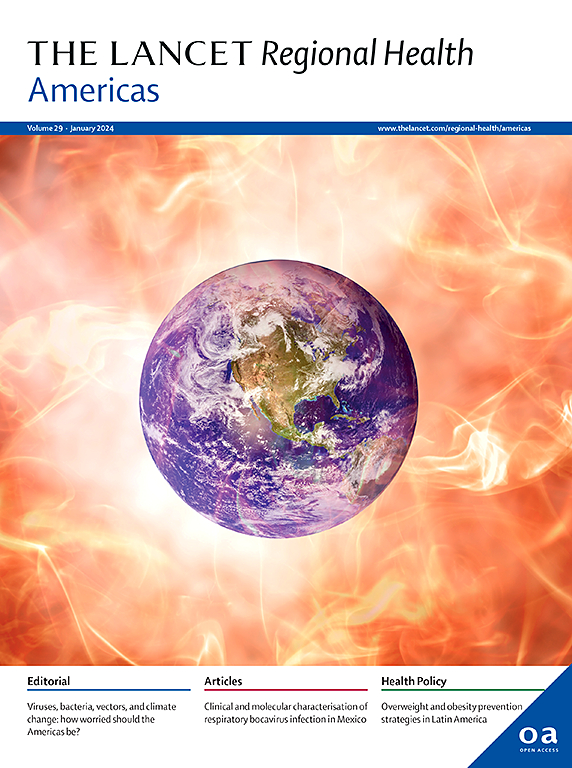现在是加拿大重新审视前列腺癌筛查方法的时候了吗?
IF 7
Q1 HEALTH CARE SCIENCES & SERVICES
引用次数: 0
摘要
前列腺癌是加拿大男性癌症死亡的第三大原因。尽管过去十年在减轻过度诊断和过度治疗方面取得了进展,但自2014年以来,加拿大指南建议不要进行常规前列腺特异性抗原(PSA)筛查。这导致了机会性筛查,其特点是获取机会不公平、检测价值低以及错失早期发现机会。我们回顾了全球政策发展、新出现的试验数据和实施策略,这些都表明有组织的、风险分层的筛查可以改善结果和公平性。然而,在有组织的项目中,过度诊断和相关危害仍然令人担忧。为了解决这种不确定性并及时产生与政策相关的证据,我们建议在医疗保健系统中实施全民适应性平台试验。这种设计将使新技术、标准化协议和公平访问的实时集成成为可能——这是学习型医疗保健系统的标志。这种模式可以帮助加拿大实现前列腺癌筛查的现代化,同时在快速发展的环境中仔细权衡利弊和公平性。本文章由计算机程序翻译,如有差异,请以英文原文为准。
Is it time for Canada to revisit its approach to prostate cancer screening?
Prostate cancer is the third leading cause of cancer death among Canadian men. Despite advances in the last decade mitigating overdiagnosis and overtreatment, Canadian guidelines have recommended against routine prostate-specific antigen (PSA) screening since 2014. This has resulted in opportunistic screening, marked by inequitable access, low-value testing, and missed opportunities for early detection. We review global policy developments, emerging trial data, and implementation strategies, which suggest that organised, risk-stratified screening may improve outcomes and equity. However, overdiagnosis and associated harms remain a concern within organised programs. To address this uncertainty and generate timely, policy-relevant evidence, we propose implementing population-wide, adaptive platform trials embedded in the healthcare system. This design would enable real-time integration of new technologies, standardised protocols, and equitable access—hallmarks of a learning healthcare system. Such a model could help Canada modernise prostate cancer screening while carefully weighing benefits, harms, and equity in a rapidly evolving landscape.
求助全文
通过发布文献求助,成功后即可免费获取论文全文。
去求助
来源期刊

Lancet Regional Health-Americas
Multiple-
CiteScore
8.00
自引率
0.00%
发文量
0
期刊介绍:
The Lancet Regional Health – Americas, an open-access journal, contributes to The Lancet's global initiative by focusing on health-care quality and access in the Americas. It aims to advance clinical practice and health policy in the region, promoting better health outcomes. The journal publishes high-quality original research advocating change or shedding light on clinical practice and health policy. It welcomes submissions on various regional health topics, including infectious diseases, non-communicable diseases, child and adolescent health, maternal and reproductive health, emergency care, health policy, and health equity.
 求助内容:
求助内容: 应助结果提醒方式:
应助结果提醒方式:


